 WASHINGTON, DC (April 24, 2017) — Thursday April 27, 2017 at 10:30am, Military Veteran Project (MVP) Founder and CEO Melissa Jarboe will be testifying at the Veteran Affairs Committee to address the concerns of Veteran Suicide. WHAT: Media Availability to discuss questions and priorities of testimony from Melissa Jarboe. WHO: Melissa Jarboe, Founder of the Military Veteran Project WHEN: Thursday, 27, 2017 at 10:30AM EST WHERE: 106 Dirksen Senate Office Building. The hearing can be streamed live here. Note to media: Please email contact@militaryveteranproject.org to RSVP for the availability or if additional accommodations might be necessary for an interview around the hearing. Melissa Jarboe is the Founder and Chief Executive Officer of the Military Veteran Project, A volunteer-led non-profit founded in 2012, MVP’s mission is military suicide prevention through alternative treatment and research. Jarboe believes and takes a bi-partisan stand on veteran issues and the Military Veteran Project is a non-partisan organization not affiliated with a political party or candidate. On March 21, 2012 Jarboe's husband SSG Jamie Jarboe passed away after nearly a year of fighting for his life after he was shot in Afghanistan by a sniper leaving his paralyzed from the chest down. Jarboe formed the Military Veteran Project to carry on her husband's dying wish to care for his fellow service members. Jarboe currently resides in Kansas. Her first book, Sacrificed: Memoirs of SSG Jamie & Melissa Jarboe, a critically-acclaimed account of her experiences, advocacy on behalf of veterans and love story was published in 2014.
0 Comments
Since 9/11 it’s not uncommon to see women in conflict areas around the world. Their numbers in the military have increased, and a new study shows their problems associated with war, too, have increased. A comprehensive study from the Department of Veterans Affairsshows the suicide rate among women vets has increased 85 percent over the last 25 years. “You had to be really tough, you know. You couldn't take anything less than excellence,” says Dawn Lafferty. Lafferty says in her 13 years as a corpsman in the Navy she experienced and saw a lot. It impacted her, just like all her female colleagues. While they had a common bond in the military, Lafferty believes those bonds untie, and looking for understanding in the outside world gets difficult. “Just think about it. You know if you are sitting with a group of women who have never been in the military, they don't understand what type of experiences have really taken place,” says Lafferty. There could be something to Lafferty's theory. Even though female veterans commit suicide at lower rates than their male counterparts, it is six times higher when compared to women in the civilian world. And those female veterans are more likely to use firearms in their suicide attempts.
“Veterans in general, both men and women, are obviously going to be more comfortable with firearms than the civilian population. About 67% of veterans die of self-inflicted gunshot wounds,” says Marlyn Scholl, a suicide prevention coordinator with the VA. Scholl says there is help out there for veterans within the system. In recent years there's been an increase in mental health staff, an expansion of the suicide crisis hotline, and trying to ensure same-day treatment. But the bigger challenge, she says, is getting veterans to take advantage of the programs. The study also showed this: “20 veterans die of suicide every day. It is huge. About 6 of them only, 6 of them are in the VA system. So there is this other 14 that are not associated with VA care,” says Scholl. If you want to know more about the Veterans Crisis Line call 1-800-273-8255. You can also go to a confidential chat at VeteransCrisisLine.net or text 838255. Battle In Distress #FloatItForward
Midwest Float is proud to offer a pay-it-forward program for our active and veteran military service men and women, and actively collaborates with the Military Veteran Project Partnership to help veterans discover floating as one of the therapies available to them. Active military and veterans are among those who benefit the most from the unique combination of benefits that floating and sensory deprivation offer. In combination with other traditional therapies, it can be an incredible tool for unwinding the effects of PTSD and its many co-factors, such as depression and anxiety. Additionally, the large transdermal (via skin) exposure of magnesium-rich Epsom salts is one of the most effective ways of physically de-stressing the body. Many vets find the solitude of the float tank environment to be a refreshingly different and comfortable space for processing their personal thoughts. Our #FLOATITFORWARD program provides other floaters an opportunity to give back by donating into a float fund. Those who are on a Float Club membership can opt to have one of their monthly floats automatically donated into the Float it Forward fund. Active military and veterans can sign up to be notified when new floats are available in the fund. Names for assigning Float It Forward opportunities are chosen randomly, and we’ll choose give preference to someone who has not had the opportunity to experience floating before over someone who has already floated. In the event that all subscribed fund recipients have floated before, we’ll simply go down the list sequentially based on subscription date. No personal identification between giver and receiver will ever occur; this a totally anonymous pay-it-forward model. Donate To or Receive From The Float It Forward Fund. To either donate or receive from the Float It Forward Fund, please just send us an email at Floatitforward@midwestfloat.com explaining what you would like, and we’ll take it from there. |
Sign up for our mailing list by clicking here
Archives
March 2020
|
|
Get to know us
|
Resources
|
Get Involved
|
|
|
|
|
The Military Veteran Project is a non-profit 501 (c)3 organization, IRS identification number 46-0877378. Donations made to the Military Veteran Project are tax deductible in the U.S. ·
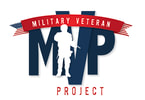
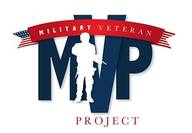
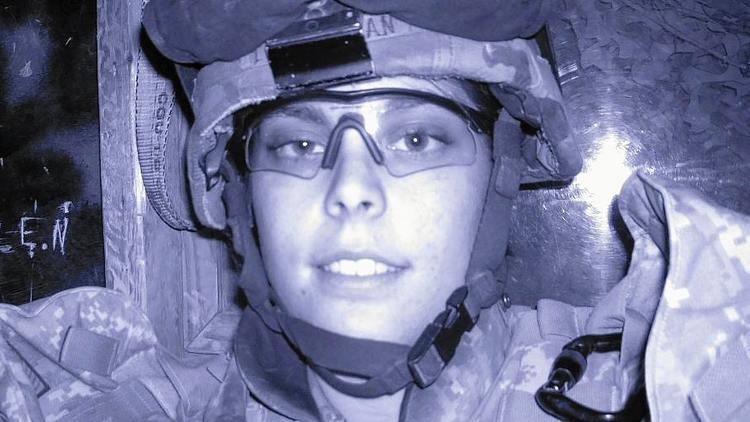
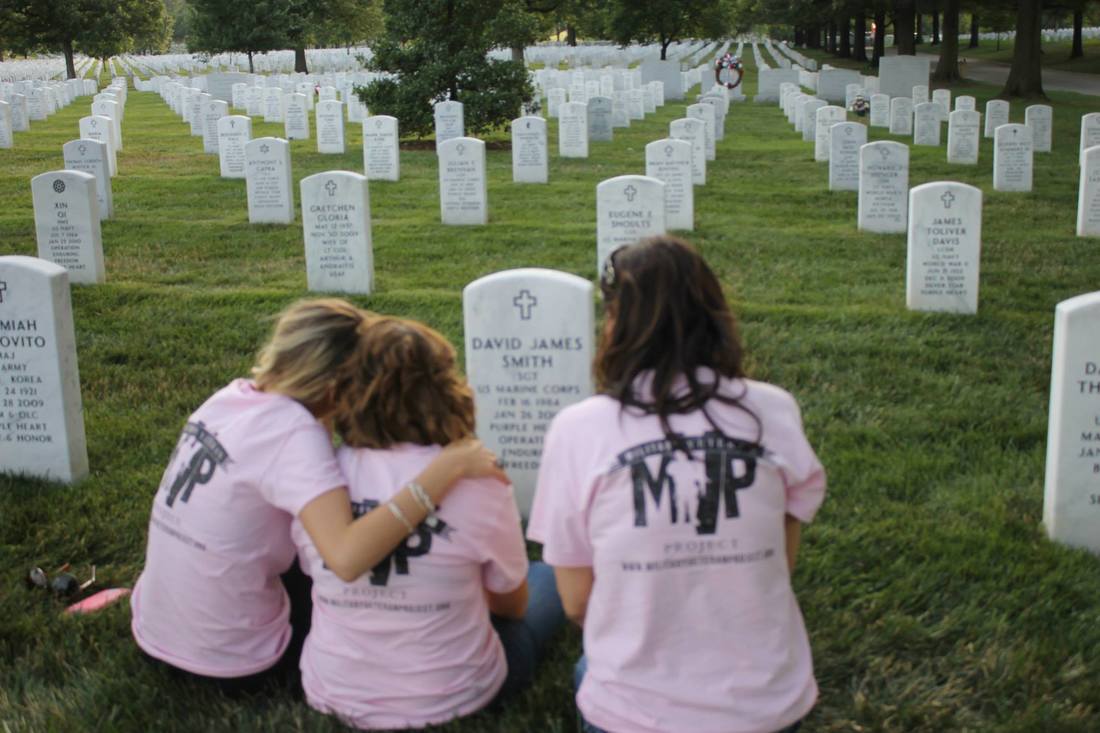
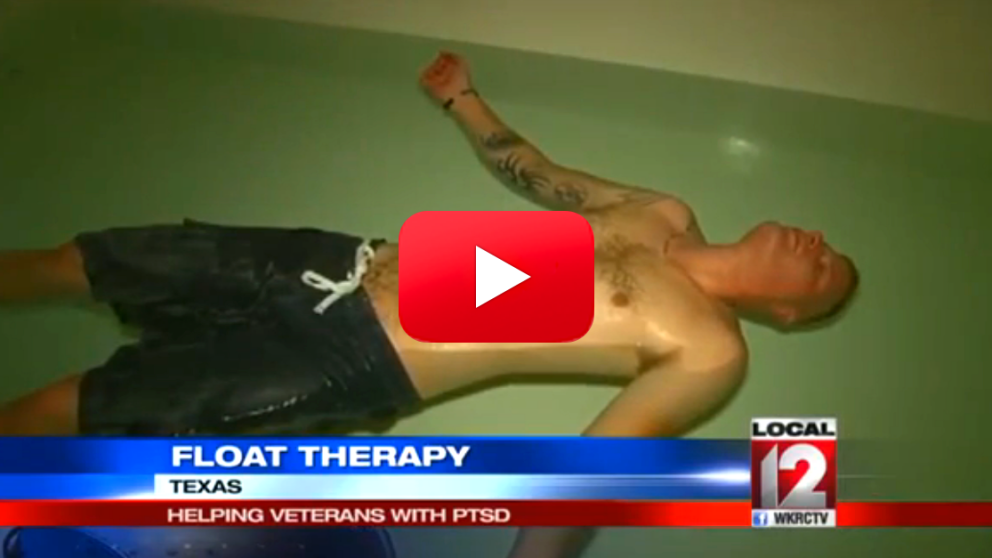

 RSS Feed
RSS Feed